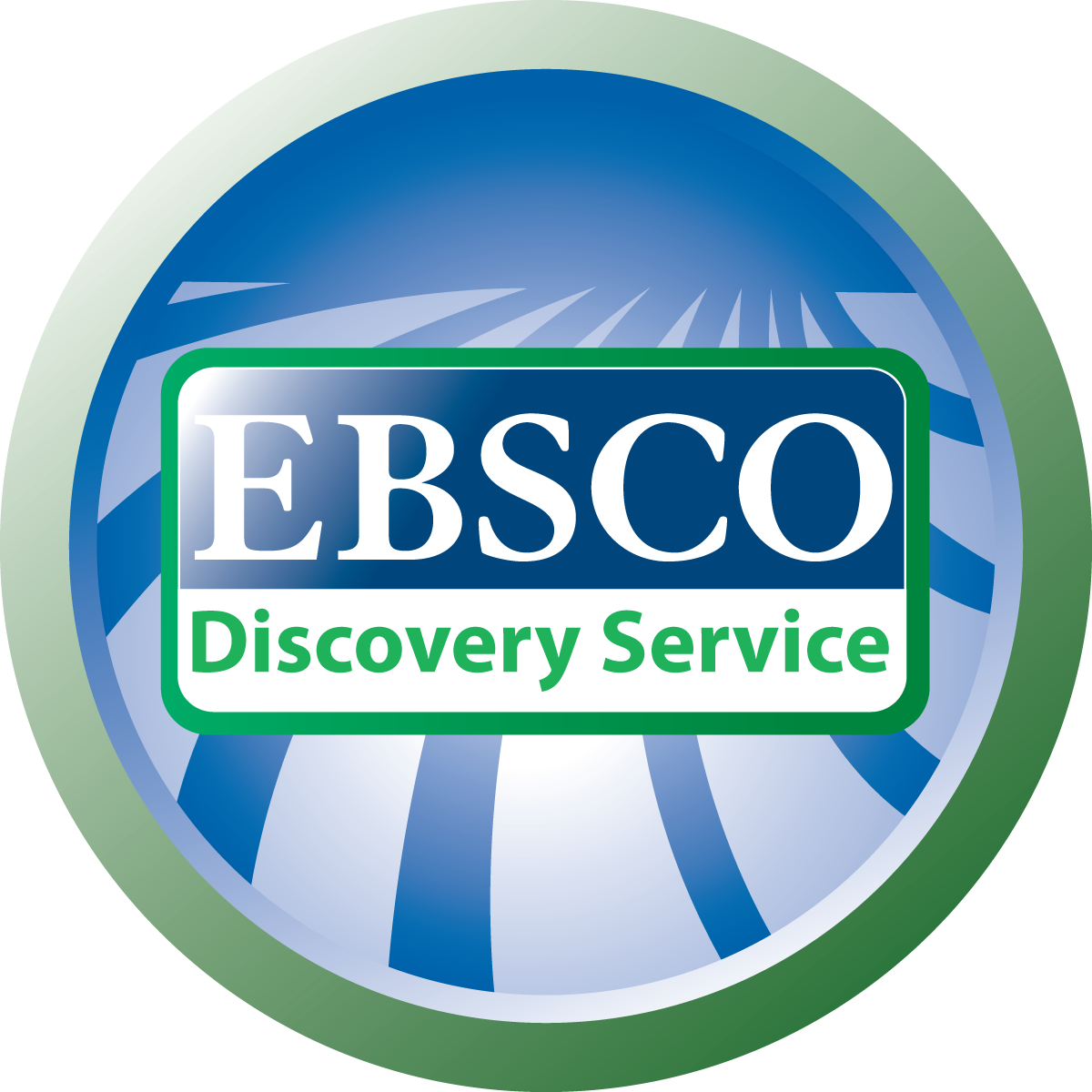La Interfaz Cultural
DOI:
https://doi.org/10.34236/rpie.v2i2.8Palabras clave:
educación intercultural, tendencia educacional, elaboración del programa educativoResumen
Desde hace un tiempo vengo investigando y escribiendo sobre temas de educación indígena. Como todos, he visto bastantes buenos trabajos y aprendido mucho sobre lo que está sucediendo en Australia y a nivel internacional para mejorar los resultados de los alumnos indígenas en procesos de educación formal. Este artículo reúne algunas propuestas teóricas del trabajo que he venido realizando para el sector de educación superior en Australia durante la última década y aborda las recientes tendencias para incluir el conocimiento indígena en el currículo. Concluye con algunos principios básicos para ayudar a establecer los inicios de los Estudios indígenas australianos como una disciplina en el sector de la educación superior.
Citas
Agrawal, A. (1995a). Dismantling the divide between Indigenous and Western knowledge. Development and Change, 26(3), 413-439.
Agrawal, A. (1995b). Indigenous and scientific knowledge: Some critical comments. Indigenous Knowledge and Development Monitor, 3, 33-41. Recuperado de http://www.nuffic.nl/ciran/ikdm/4-2/articles/agrawal.html
Agrawal, A. (1996). A sequel to the debate (2). Indigenous Knowledge and Development Monitor, 4(2), 3-4. Recuperado de http://www.uffic.nl/ciran/ikdm/4-2/articles/agrawal.html
Anderson, J. (2005). Indigenous knowledge, intellectual property, libraries and archives: Crises of access, control and future utility. En M. Nakata & M. Langton (Eds.), Australian Indigenous Knowledge and Libraries (pp. 85-98). Kingston, ACT: Australian Academic & Research Libraries, Australian Library e Information Association.
Battiste, M. & Youngblood Henderson, J. (2000). Protecting Indigenous knowledge and heritage: A global challenge. Saskatoon, SK: Purich.
Christie, M. (2005). Aboriginal knowledge traditions in digital environments. The Australian Journal of Indigenous Education, 34, 61-66.
Ellen, R. & Harris, H. (1996). Concepts of Indigenous environmental knowledge in scientific and development studies literature: A critical assessment. Ponencia presentada en el East-West Environmental Linkages Network Workshop 3, Canterbury, United Kingdom. Recuperado de http://www.ukc.ac.uk/rainforest/SML_files/Occpap/indigknow.occpap_TOC.html
Foucault, M. (1972). The archaeology of knowledge. London: Routledge. Gegeo, D. & Watson-Gegeo, K. (2001). “How we know”: Kwara’ae rural villagers doing Indigenous epistemology. The Contemporary Pacific, 13(1), 55-88.
Gumbula, J. Neparrŋu. (2005). Exploring the Gupapuyŋa legacy: Strategies for developing the Galiwin’ku Indigenous Knowledge Centre. En M. Nakata & M. Langton (Eds.), Australian Indigenous Knowledge and Libraries (pp. 25-28). Kingston, ACT: Australian Academic & Research Libraries, Australian Library e Information Association.
Hoppers, C. (2000). The centre-periphery in knowledge production in the 21st Century. Compare, 30(3), 283-291.
Hunter, J. (2005). The role of information technologies in Indigenous knowledge management. En M. Nakata & M. Langton (Eds.), Australian Indigenous Knowledge and Libraries (pp. 113-128). Kingston, ACT: Australian Academic & Research Libraries, Australian Library e Information Association.
Langton, M. & Ma Rhea, Z. (2005).Traditional Indigenous Biodiversity-related knowledge. En M. Nakata & M. Langton (Eds.), Australian Indigenous Knowledge and Libraries (pp. 47-72). Kingston, ACT: Australian Academic & Research Libraries, Australian Library e Information Association.
Ma Rhea, Z. (2004). The preservation and maintenance of the knowledge of Indigenous peoples and local communities: The role of education. Ponencia presentada en la Conferencia de la Australian Association of Researchers in Education (AARE), Melbourne, Victoria. Recuperado de http://www.aare.edu.au/04pap/mar04956.pdf
Moore, R. & Muller, J. (1999). The discourse of ‘voice’ and the problem of knowledge and identity in the sociology of education. British Journal of Sociology of Education, 20(2), 189-206.
Nakata, M. (1998). The cultural interface: An exploration of the intersection of Western knowledge systems and Torres Strait Islander positions and experiences. (Tesis doctoral no publicada). James Cook University, Townsville.
Nakata, M. (2002). Indigenous knowledge and the cultural interface: Underlying issues at the intersection of knowledge and information systems. IFLA Journal, 28(5/6), 281-291.
Pohlhaus, G. (2002). Knowing communities: An investigation of Harding’s standpoint epistemology. Social Epistemology, 16(3), 283-293.
Russell, L. (2005). Indigenous knowledge and the archives: Accessing hidden history and understandings. En M. Nakata & M. Langton (Eds.), Australian Indigenous Knowledge and Libraries (pp. 169-180). Kingston, ACT: Australian Academic & Research Libraries, Australian Library e Information Association.
Smith, D. (1987). The everyday world as problematic: A feminist sociology. Boston, MA: Northeastern University Press.
Smith, D. (1990). The conceptual practices of power: A feminist sociology of knowledge. Boston, MA: Northeastern University Press.
Smith, D. (1999). Writing the social: Critique, theory and investigations. Toronto, ON: University of Toronto Press.
Smith, L. T. (1999). Decolonizing methodologies: Research and Indigenous peoples. New York: Zed Press.
Verran, H. (2005). Knowledge traditions of Aboriginal Australians: Questions and answers arising in a databasing project. Recuperado de http://www.cdu.ed.au/centres/ik/pdf/knowledgeanddatabasing.pdf
Walby, S. (2000). Beyond the politics of location: The power of argument in a global era. Feminist Theory, 1(2), 189-206.
Publicado
Cómo citar
Número
Sección
Licencia
Derechos de autor 2010 Martin Nakata

Esta obra está bajo una licencia internacional Creative Commons Atribución-NoComercial-SinDerivadas 4.0.











